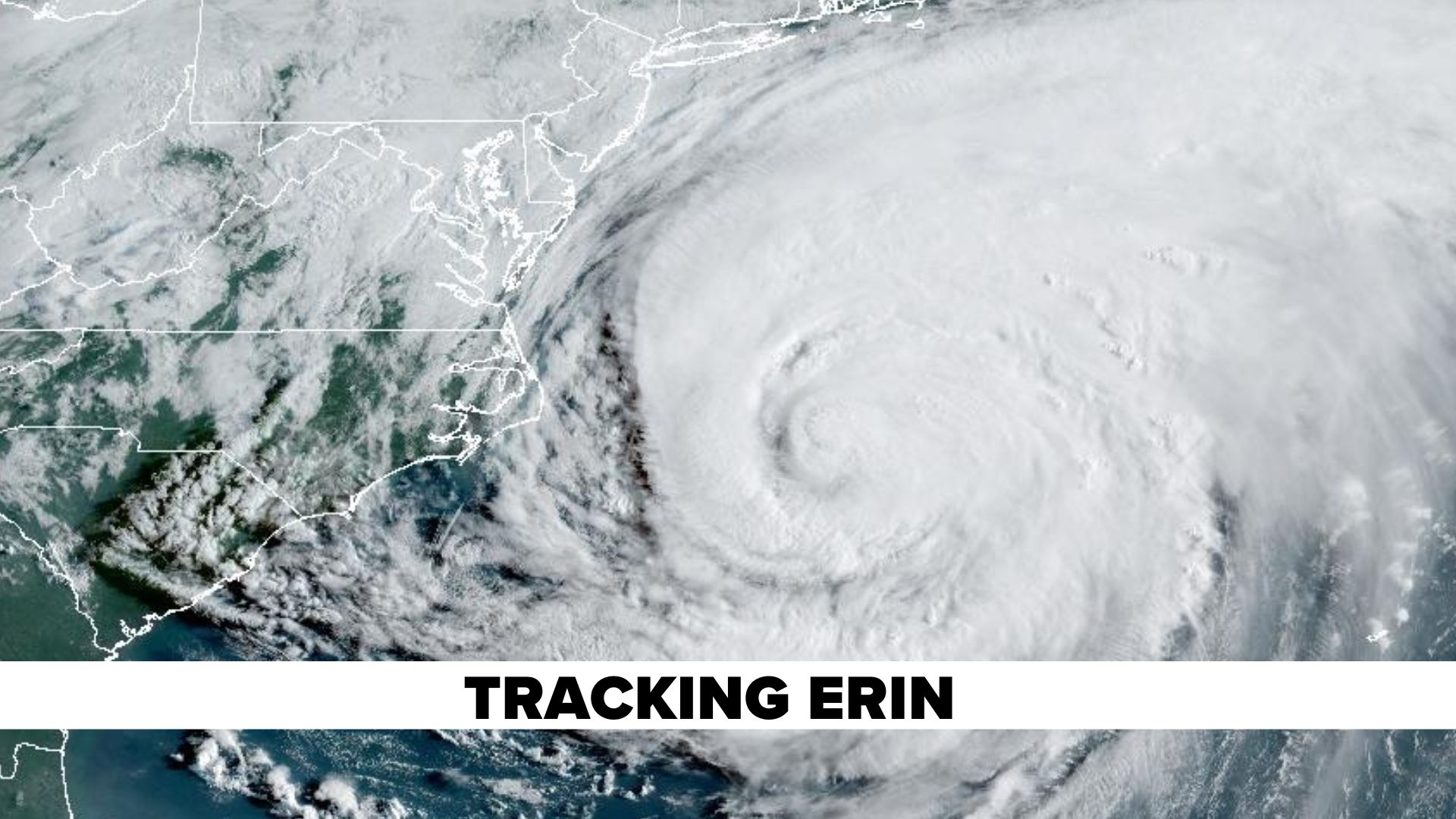Sixth person dies in Legionnaires' disease outbreak in Harlem as cases rise to 111

A sixth death has been announced in the Legionnaires' disease community cluster in Central Harlem, officials said.
There are now six deaths, 111 confirmed cases, and seven are currently hospitalized.
The NYC Health Department is currently investigating an outbreak of Legionnaires' disease in Central Harlem with ZIP codes including 10027, 10030, 10035, 10037, and 10039.
In the wake of the deadly Legionnaires' disease outbreak in Harlem, the State Health Department says it will 'undertake a thorough review' of the city's response.
The outbreak, which claimed 6 lives and made more than 100 people sick, has been linked to 12 cooling towers a number of them at city-owned buildings, including Harlem Hospital.
Scientists are using DNA to determine which cooling tower or towers made people sick.
Water collected from the cooling towers is being tested in a week-long process at the Department Of Health lab for Legionella.
"We're very thourough so it takes time to utilize all of those methods and put all of that information together," Dr. Enoma Omoregie with the Department of Health said.
Another method involves placing droplets directly on a plate to see how the culture grows which takes 10 days.
Those are just two steps in the effort underway to identify the source of the recent deadly Legionnaires' disease outbreak and bring it under control.
Another lab analyzes cultures taken from patients who have tested positive for the disease.
Further testing identifies the specific strain.
From there, the isolated specimens from the towers and the patients are taken to another floor for extraction.
"We remove the DNA from the bacteria," Dr. Aaron Olsen with the Department of Health said.
The DNA is then loaded into a genome sequencer that runs for up to 40 hours.
"The things that are actually doing the chemical reaction determine what that genetic code is," Olsen said.
The sequencers generate hundreds of gigabytes of data, which is then analyzed to see if there's a match.
The goal is to pinpoint the exact cooling tower that sickened a particular patient.
It's the kind of detective work that goes on year-round on a number of public health threats.
"We are working on food-borne outbreaks, we're doing surveillance for ticks and mosquitoes. All of that work has to get done. We don't stop doing that work," Dr. Omoregie said.
* Get Eyewitness News Delivered
* Download the abc7NY app for breaking news alerts
Submit a tip or story idea to Eyewitness News
Have a breaking news tip or an idea for a story we should cover? Send it to Eyewitness News using the form below. If attaching a video or photo, terms of use apply.






